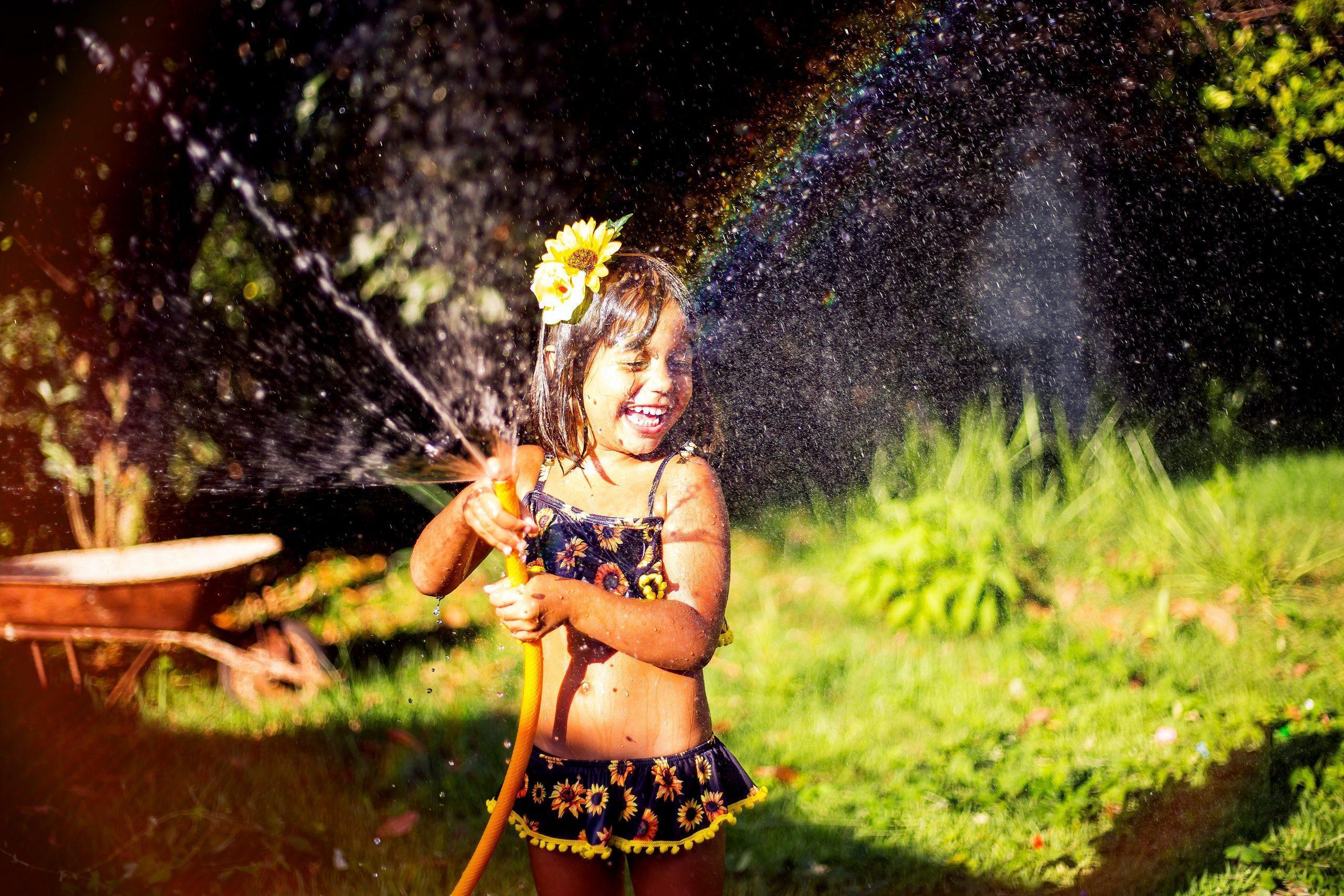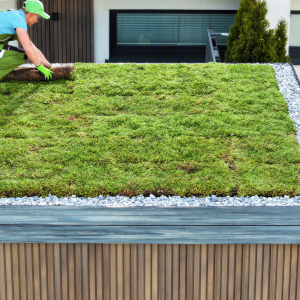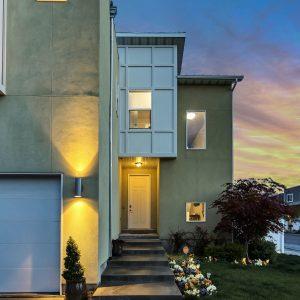Did you know that more than 100,000 children are hurt in some way every year while they are just playing in their yard? With that statistic in mind, it’s no surprise that parents and grandparents are always searching for ways to make their outdoor areas safer. Of course, it’s wonderful when the kids can run about and have fun without the parents worrying about anything bad happening.
Ideas to make the yard safe for kids
So here are some suggestions for how to make the yard safe for kids.
Check the gates and fences
Children like exploring, and if there is an open (or easily opened) gate or a gap in or under a fence, they will be through it in no time. You just need to walk inside to get a drink, for example, and they may be gone by the time you come back outside. It’s a frightening, heart-pounding moment. As a result, it is critical to ensure that your gates and fences are secure and that there are no escape routes inside them. If you have hedges that don’t quite reach the ground, you should add some chicken wire to block off potential escape routes. You may add more privacy by adding height to an existing fence.
Provide a safe environment for them
To help make your job easier when it comes to gardening and protecting your children, why not give them a portion of the yard to call their own if you have a very big yard or one that will be tough to child-proof all the way around? This is where they can play with their toys and where you know they’ll be totally secure. Install a small picket fence and have the kids decorate it to make it more appealing. You should keep your pets away from this location and give them their own space too so that the children’s play area is a safe, secure, hygienic place to be.
Reduce the chance of trips and falls
Although it is impossible to prevent every mishap, you can do your best to minimize them. If you have play equipment in your yard, for example, make sure you strictly adhere to the manufacturer’s installation instructions and do not put it in an area where a fall might be hazardous (on a patio, or near a thorny bush, for example). If possible, invest in specialized play surfaces, or at the very least, lay down rubber mats beneath. If the pavement is cracked, get it fixed or replaced as quickly as is feasible; you can use grouting tools to remove old concrete and replace it so that the slabs are more secure.
If you have gravel, it is preferable to replace it with a smoother surface; young children can choke on gravel or get it in their ears and nose, and a trip on gravel is generally more severe than a trip on pavement, causing some potentially nasty grazes and cuts.
Organize your tools
Don’t be shocked if the kids want to pick up your garden equipment if you leave it out near where they’re playing. Kids like imitating their parents, and if they see you trimming hedges or digging holes, they may want to do the same. They just won’t have the required abilities, and they may end up hurting themselves or someone else. Power tools should be disconnected and stored on a high shelf, ideally in a secure shed. In fact, if possible, keep all tools locked up.
Check plants and shrubs
No matter how pretty the plants and shrubs in your yard might be, the fact is that if some of them are ingested, they can cause severe illness. That might even lead to death for children since they are so much smaller than adults, and their bodies will find the poison harder to combat. Of particular note are mistletoe, lilies, and rhododendrons. Check all the plants in your garden and, if necessary, remove anything potentially dangerous. Ideally, your children won’t try to eat the plants, but it’s best not to run the risk.
On the same subject, anything you use to treat your plants, such as plant food or any form of pesticide, can be just as dangerous, so ensure these are always kept locked in a shed or storage area away from your children.
On the same subject, anything you use to treat your plants, such as plant food or any form of pesticide, can be just as dangerous, so ensure these are always kept locked in a shed or storage area away from your children.





